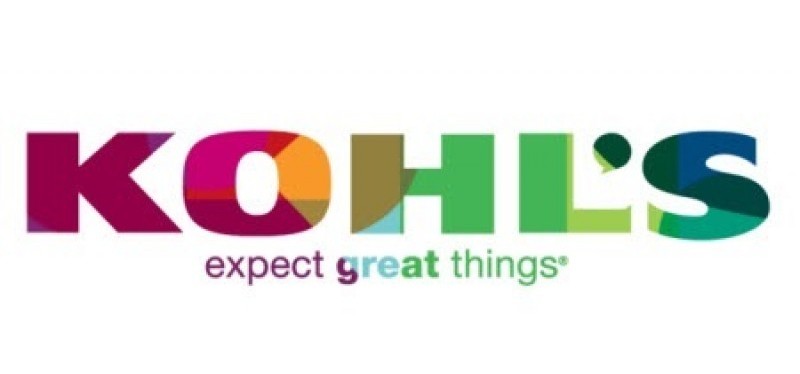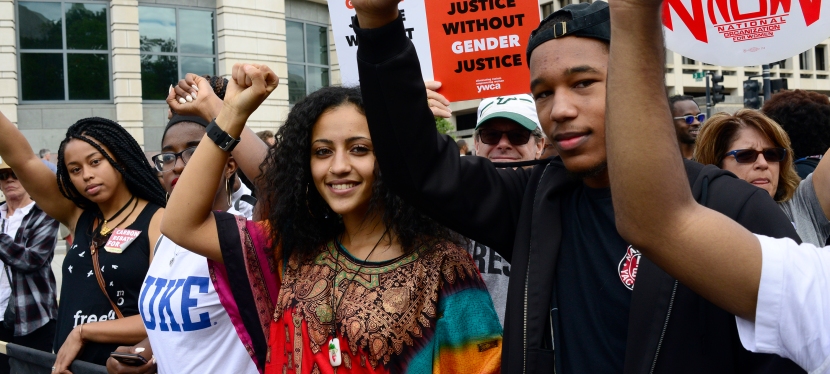By Brother Robert Wotypka, O.F.M. Cap., Corporate Responsibility agent for the Capuchin Province of St. Joseph
Writing from the twice-year meeting of the Interfaith Center for Corporate Responsibility in New York, I apologize to any of our readers who have MBAs. My MBA sisters and brothers likely could discuss this topic more thoroughly and competently, and of course your comments are welcome.
But a term and its meaning arose yesterday at a panel convened by ICCR, “When No One is Watching: Corporate Responsibility in an Age of Deregulation.” The term is “externalize.” A for-profit enterprise seeks to “externalize” to the fullest extent possible the costs of operating its business. For example, if a manufacturing or mining process produces an undesired aftereffect or element – airborne mercury from burning coal, or PCBs from industrial output – an enterprise, in the absence of regulation, will simply dump these residuals untreated into the air, into the water, into the ground. And this externality will become a matter of concern for residents local, national, global. And governments and elected officials will or will not respond to the harms caused by these externalities, these unregulated outputs, as history reveals.
Hard to solve the problem of “externalities” without government intervention so companies shouldn’t be hostile to regulation. Damon Silvers @AFLCIO #ICCR2018Event pic.twitter.com/GgvSteTeNr
— ICCR (@ICCRonline) October 2, 2018
Externalizing also occurs in a service economy. An enterprise can pay wages so low that its employees are eligible for SNAP (Supplemental Nutrition Assistance Program), which means the state in part pays for the care of feeding of the employees, and not the enterprise. Or an enterprise can so limit the hours its employees are allowed to work that they are not eligible for or cannot afford health care, which rules out preventative care, which means the employees end up using emergency rooms. And these costs have to be subsided by fundraising in the case of non-profit hospitals, or subsidies in the case of for-profit health care entities. Either way, the enterprise increases its profits by lowering its costs.
Externalizing costs is analogous to “othering,” the mindset that says that some of our brothers and sisters are unequal or lesser and can be discharged, can be discriminated against. Where is God in this? Today’s Gospel acclamation is taken from Philippians, “I consider all things so much rubbish that I may gain Christ and be found in him” (Phil 3: 8-9). Talk about externalities! But Paul is not wrong, rather, this understanding is redemptively inverted. Reverence for creation requires that all be gathered together, all be invited, all be saved. We take this from Paul, too, who teaches elsewhere, “When everything is subjected to him, then the Son himself will [also] be subjected to the one who subjected everything to him, so that God may be all in all” (1 Cor 15: 28). So, again – where is God in this? Only in all.
The Christian vision and the Franciscan movement aims toward no externalities: no one and nothing goes without notice, and compassionate care is brought to those locked in material suffering and disenfranchisement. And the suffering that comes to some of our brothers and sisters from externalities belongs to and is the responsibility of all. Faith-based shareholder activism brings this vision to the corporate world. Please join in this work wherever you can.









